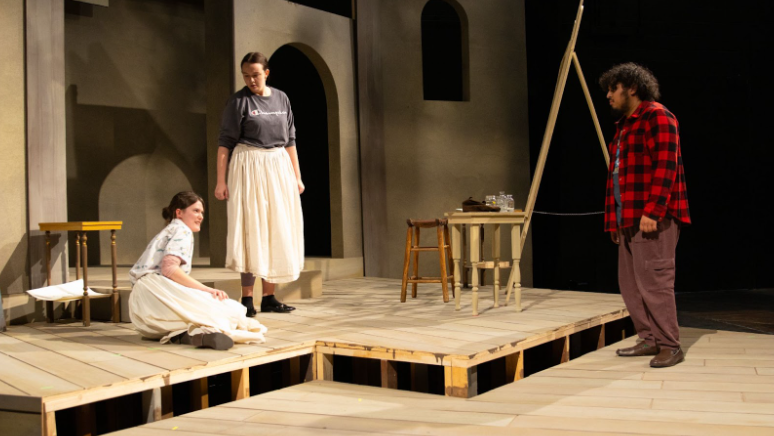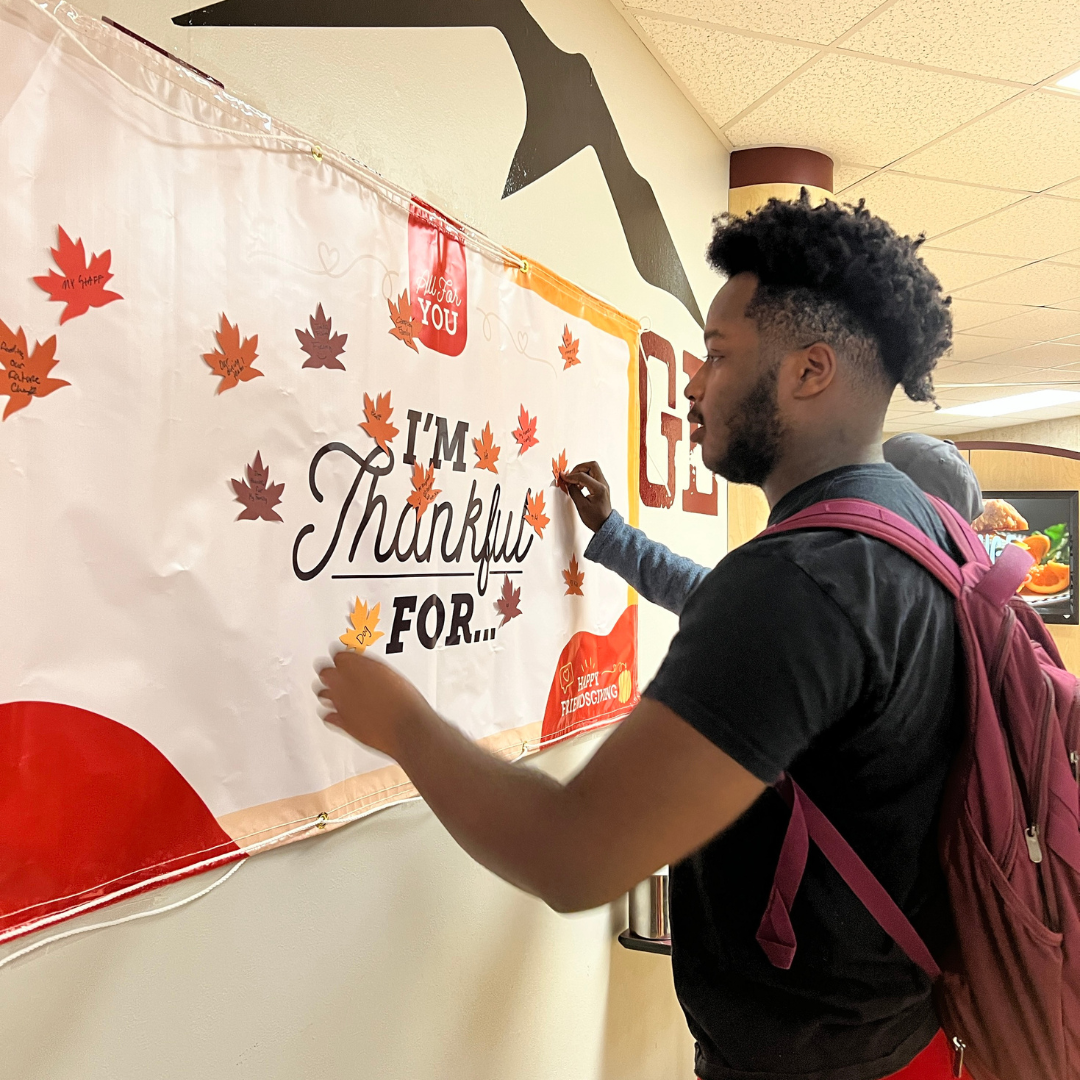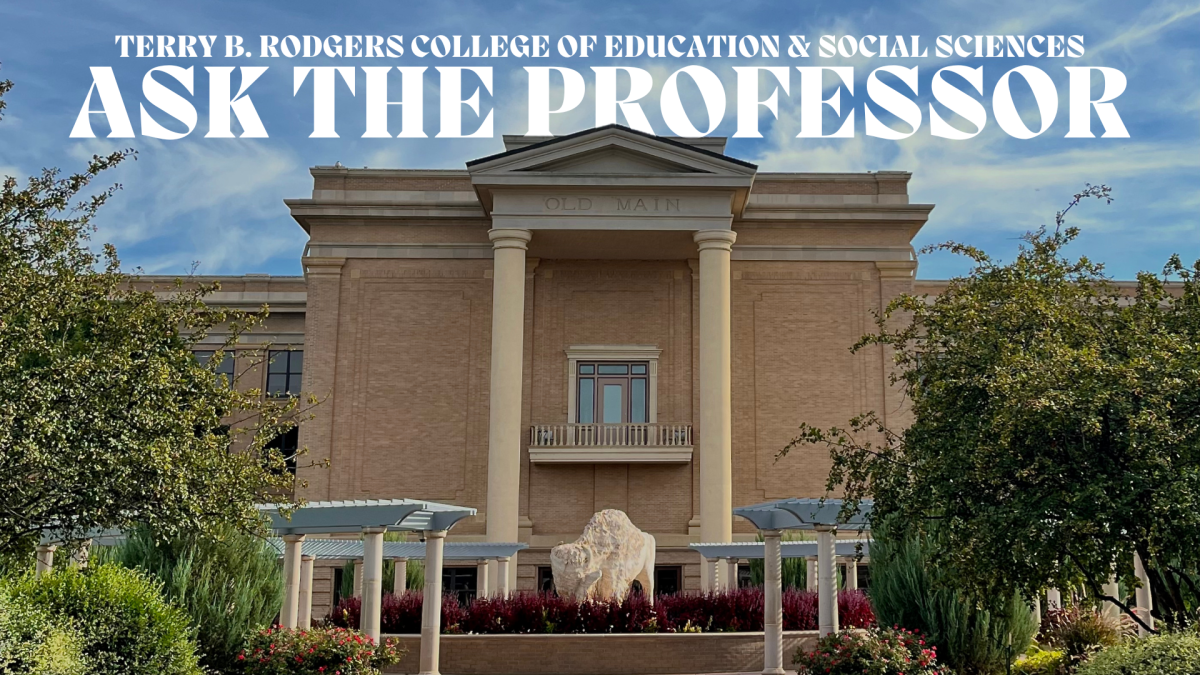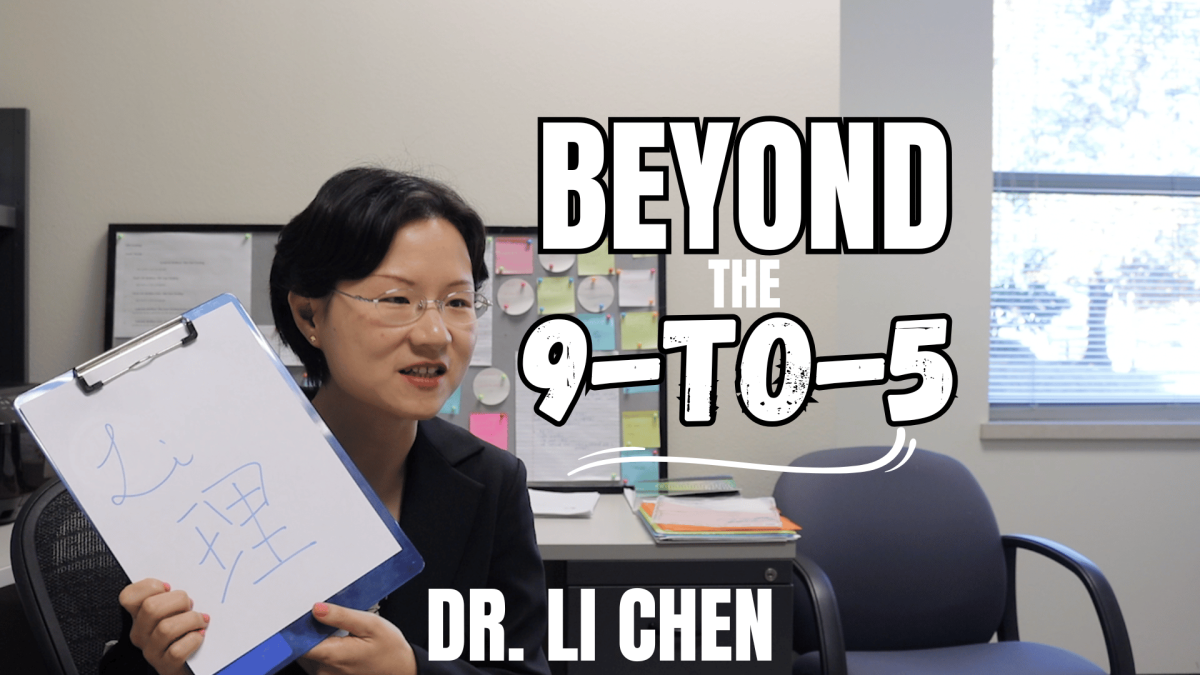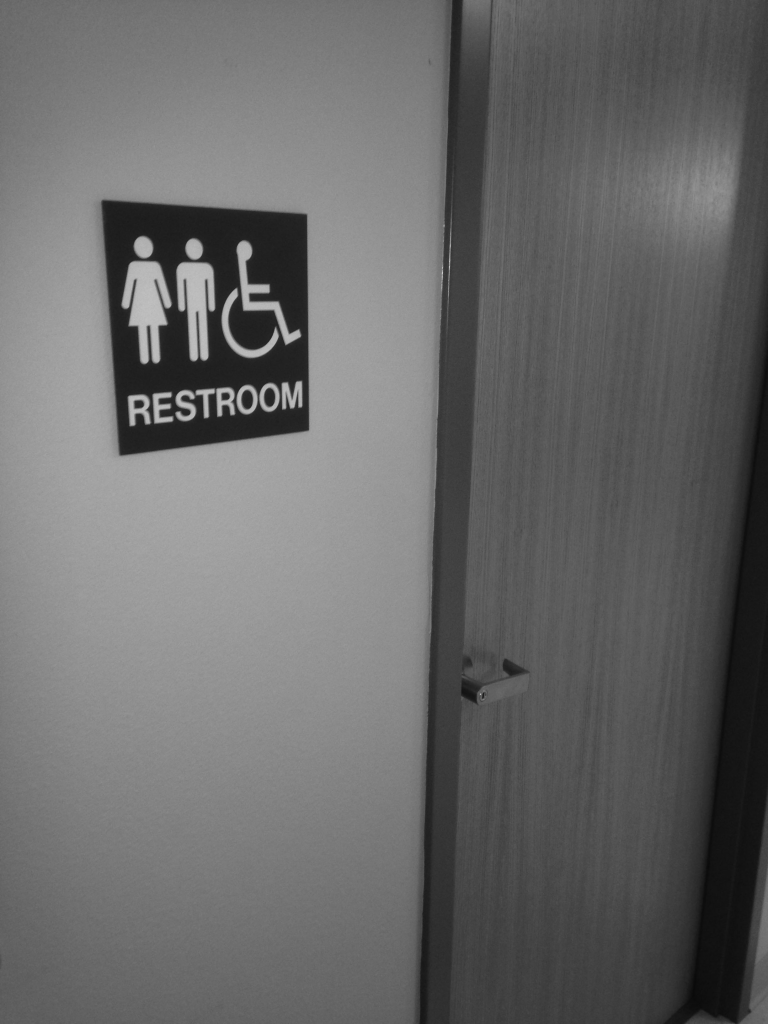
Questions regarding comfortable living situations for transgender students are not commonly encountered on the WT campus, partially because students and administration together have not thought to ask them. However, with growing awareness of the LGBTQIA community across college campuses in the country, the time we can inquire is now.
Universities must adapt to be able to fully accommodate all of their students’ needs. Transgender, or trans* students, and allies now have options at universities to start the conversation about the need for gender neutral restrooms, safe living spaces and preferred naming systems. The term “trans*”is used as an umbrella term to embrace all the identities in the gender identity specturm.
The Huffington Post reported on July 14, 2014 that facilities such as gender neutral bathrooms are quietly becoming the new thing on college campuses. WT could incorporate something similar. It all begins by begging the question.
Currently, there is one family restroom located in the JBK. However, WT still lacks any type of restroom which can be shared by both genders in the private buildings such as the residence halls. The choice to leave them out has not been an intentional one on the administration at WT. Such things can be costly and seen as unneeded with no student suggestions for them.
“Historically, the students have not requested that gender neutral restrooms or coed floors be available in the dorm halls,” Cindy Spencer, Sr. Director of Residential Living said.
“The situation just has not presented itself as a question to residential living or the administration,” Spencer added. “Of course if a student requested special living arrangements we would do everything in our power to accommodate them [and] make them feel comfortable and welcomed at WT.”
Because gender neutral bathrooms are not something WT has encountered does not mean it would not be considered. WT does offer coed dorms, but currently, there are no coed floors inside of the residence halls. Even if the residence halls offered coed floors, a completely safe place for transgender students to be who they are would not be ensured. This could prove to be a difficult challenge to staff and to students who are in transition.
“Students in college who are trans* would likely not have undergone complete transition,” Dr. Kristina Drumheller, Head of the History Department, and Associate Professor stated. “Providing a safe space where they’d feel comfortable would be a challenge. All students in the LGBTQIA community face these challenges of being able to openly explore themselves in a safe environment.”
WT would have to make sure the atmosphere and culture on campus was a completely safe environment. Living options such as suites could provide to be a viable choice. Most importantly, WT would have to consider what the students wanted.
Other universities across the country have adapted to living spaces and preferred naming systems. Something not yet adopted at WT is the preferred naming system. Changing your name can be something easily done online. By doing this, professors can address their students without any hassle. Their name having been changed in the system allows for it to show up on attendance sheets.
“Without a naming system in place, a student choosing to be identified by a different name essentially has to out themselves in every single class,” Alice MillerMacPhee, Buff Allies, said.
Although this system is not yet in place, it is something students have not yet requested.
With the potential to create trans* inclusive living arrangements, something very present on campus is Buff Allies, which is led by MillerMacPhee. Buff Allies provides safe zone training to students and staff and ensures there are safe zones across the WT campus. This space does offer a place where LGBTQIA members can be themselves. Students facing any discrimination based on sex are protected under Title IX, a part of the Education Civil Rights Act of 1964.
“Recently the Title IX has been expanded to protect trans* students,” MillerMacPhee said.
Since WT has yet to be faced with questions on whether or not to include facilities for trans* students on campus, the questions have not had to be addressed or answered. If any changes were to happen to make WT a more inclusive campus, these type of questions would have to asked and addressed by the university.
“It’s all about starting the conversation to see the growth of an institution occur,” Drumheller said. “WT has the potential to be an inclusive campus, and it’s time we started the conversation so that future and current Buffs can comfortably call WT their home.”



